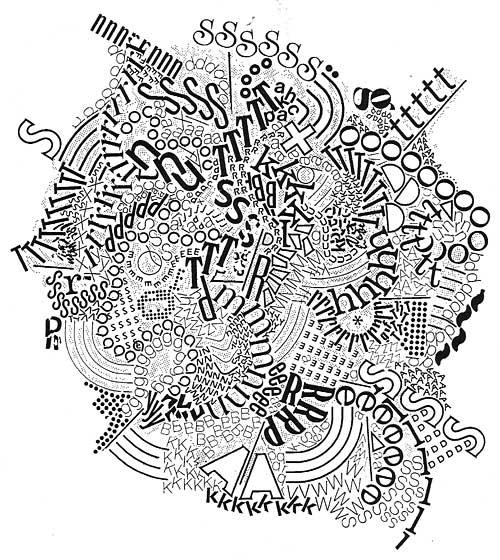
Poetry and RALPH
Why So Fast?

From: James PiattRE: Submission
Date 29 September 2014 --- 3:23 PM
Dear Lolita Clark:
I am submitting 3 poems, Madness, Another Time . . . Another place?, and Alzheimer's Broken Memories, for your consideration. Thank you for taking your time to read them.
--- Sincerely,
James G. PiattDr. Piatt is the author of 2 poetry books "The Silent Pond" and "Ancient Rhythms," with a third to be released in 2015. He has also published over 555 poems and his poem, "The Night Frog," was nominated for best of web 2013. His poetry books are available on Amazon, Barnes and Noble.§ § §
Date: 29 September 2014 --- 3:37 PMHi, Dr. Piatt:
And thanks for sending us the three poems. I think we'll pass on them this time around.
--- Sorry,
L. Lark
The Review of Arts, Literature, Philosophy
and the Humanities (RALPH)
Box 16719
San Diego CA 92167
www.ralphmag.org§ § §
FROM: Jim PiattDATE: September 29, 2014 --- 3:43 PM
WOW...five minutes....That is the quickest rejection I have ever had..I will keep it in my memoirs...
--- Peace,
james§ § § 29 September 2014 --- 4:07 pmFrom: Lolita Lark
The problem is that I either reject them outright or sit on them for months stewing.
I finally figured the latter just isn't fair.
--- L. Lark§ § §
DATE: September 29, 2014 --- 7:03 PMFROM: jim piatt
Dear Lolita:
I see no problem with that, I just don't see how you can do it!
My poetry is so eclectic in nature that I have been published in over 75 different magazines all over the world, print and online, formal and free verse. Since I have a problem with reading poems in a magazine and still not don't know what to send, I get a lot of rejections. I am sorry if I sent the wrong type of poetry and wasted your time...mia culpa.
--- Peace,
james
§ § §
James,There is no way (for us at least) that a submission is a waste of time. It's just that after 65 years of reading (and writing) poems, I depend on my gut reaction. I know at once whether a poem is the type our readers and/or we editors can be struck by. Or not.
I've tried to analyze it, and the only thing I have come up with is the element of surprise. The surprise when Donne calls the sun a "busye old fool" --- that big hot glare in our lives, a fool? --- or when Keats speaks so hauntingly of the old, trembling and dying (in a poem of life and age); when Plath calls her own father a "black shoe," in which she --- a foot! --- has had to live for thirty years.
In our forthcoming book, we'll be including the three following poems, and I am sure that surprise is the key for our wanting them --- at least it is for me. You may have had my experience, after so many years, of beginning to figure out why works by Marvell and Hopkins and Frost and Thomas (Edward, not Dylan) have lived on for so long.
For me, there is always the jolt. This the first few lines of Brodsky's Song of Welcome:
Here's your Mom, here's your Dad.
Welcome to being their flesh and blood.
Why do you look so sad?Here's your food, here's your drink.
Also some thoughts, if you care to think.
Welcome to everything.Here's your practically clean slate.
Welcome to it, though it's kind of late.
Welcome at any rate.The surprise is that as you go through the poem, you find that it is no "song of welcome" at all --- more like a dirge, filled with sadness, the feeling of being too late.
Or this, from X J Kennedy:
Little Elegy
for a child who skipped ropeHere lies resting, out of breath,
Out of turns, Elizabeth
Whose quicksilver toes not quite
Cleared the whirring edge of night.
Earth whose circles round us skim
Till they catch the lightest limb,
Shelter now Elizabeth
And for her sake trip up death.The surprise --- for the child, for the poet,for the reader --- is that she just barely didn't make it, caught in --- surprisingly --- a mere "whirr."
And finally, there's cummings' Children in Stone: the jolt is that we are not in a child play-palace, but, more probably, in Thomas Gray's Country Churchyard:
these children singing in stone a
silence of stone these
little children wound with stone
flowers opening for
ever these silently lit
tle children are petals
their song is a flower of
always their flowersof stone are
silently singing
a song more silent
than silence these alwayschildren forever
singing wreathed with singing
blossoms children of
stone with blossomingeyes
know if a
lit tle
tree listens
forever to always children singing forever
a song made
of silent as stone silence of
songLike I say, after all these years, I react to what I read viscerally --- not logically --- and although my words here may be attempts at logic, they come somewhat after what Dickinson termed a "great pain."
--- L. Lark